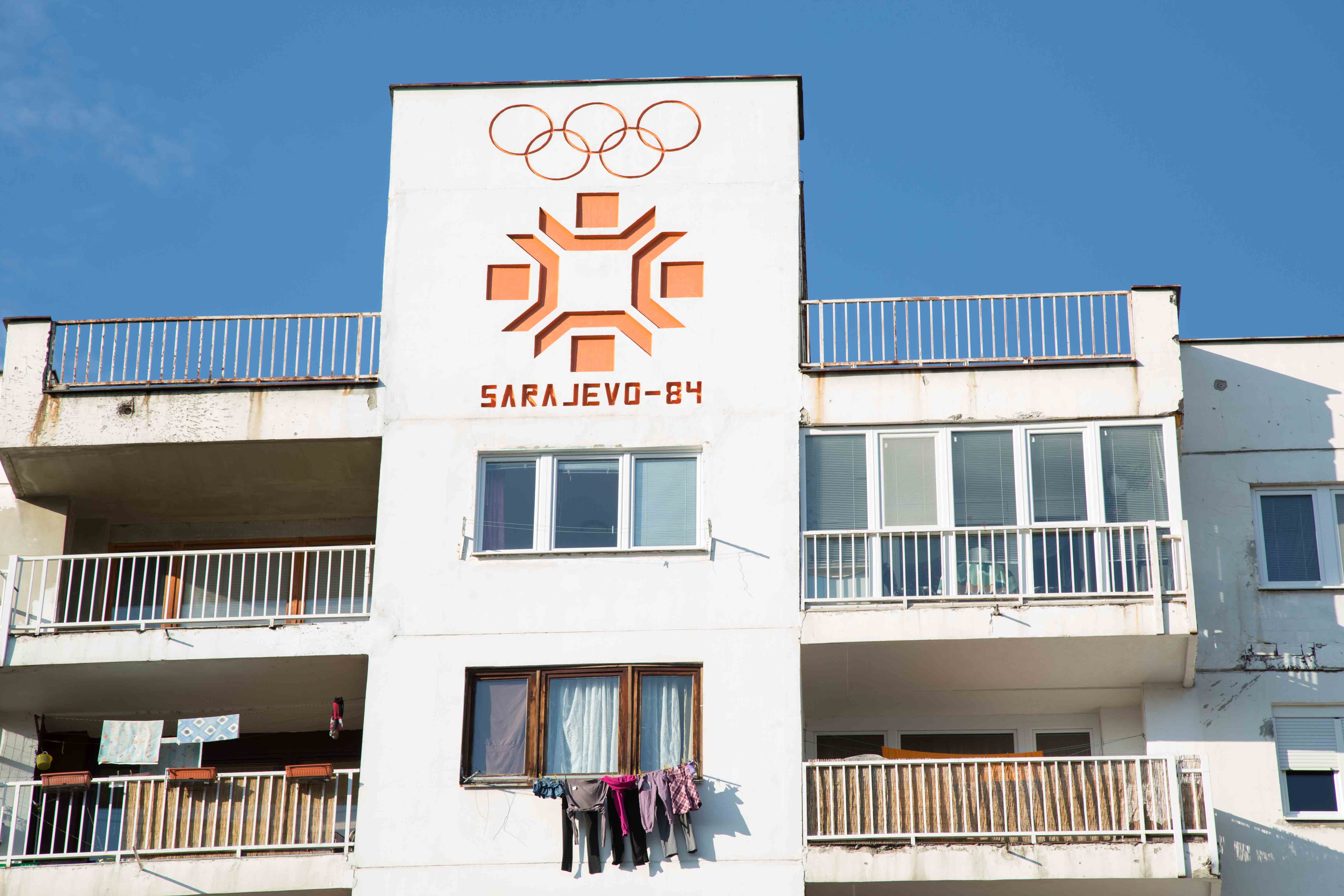research project: hope, 'normal life' and the state in Bosnia and Herzegovina

In this project, I investigate the materialisation (or lack of it) of the various incarnations of 'the state' in Bosnia and Herzegovina today. In addition to a set of articles (see list of publications), the results have been published as a book under the title Yearnings in the Meantime: 'normal lives' and the state in a Sarajevo apartment complex (Berghahn Books, 2015), translated into Serbian as Ceznja u medjuvremenu: 'normalan zivot' i drzava u jednom sarajevskom naselju (XX vek, 2020).
I am interested here in the ways in which 'the state' serves as a set of grids that integrate and connect people and places in a more or less ordered manner. I focus mainly on the 'left hand of the state' on the most practical and material level: grids of provision, ordering and social organisation and their transformation. A major part of the ethnographic research took place in an outlying Sarajevo suburb from feb2008-sep2008, with financial support secured from the British Academy. More research was conducted in feb2010-sep2010, since this project is tightly related to the 'borders' project through its focus on the so-called 'state effect' and hope as engagements with the future. My approach is inspired by, and partly counterposed to, the work of those who focus on the oppressive and wasteful effects of the drive for standardised legibility that underlies much modern statecraft. In ethnographic work, experiences of such grids have been studied predominantly in terms of surveillance and legibility, and especially of people's resistance to them. In contrast, I am interested both in people's avoidance strategies and their desire to be taken in by grids -- indeed, their clamouring for legibility. Special attention is paid to the temporal aspects of such processes and to their embedding in postsocialist transformation, leading me to analyse lives in Dayton Bosnia and Herzegovina as lives in 'the Meantime'. The project thus explores the feasibility of placing hope -- people's engagements with possible futures and the structures of expectations that we can detect in such engagements -- at the centre of an analysis of home and state transformation. This is part of a wider research interest, emerging from earlier work on place and home-making amongst displaced persons, returnees and stayees, which drew my attention to the importance of expectations and a sense of possibility (or its opposite: a sense of entrapment). Amongst other things, that endeavour has involved the organisation of two workshops: 'Towards an anthropology of hope?' (Manchester, Nov 2007), and 'Critical Spaces of Hope: Locating Postsocialism and the Future in post-Yugoslav Anthropology' (Chicago, Oct 2008), co-organised with Andrew Gilbert, Jessica Greenberg and Elissa Helms.
[photo by Vanja Čelebičić]
go to other research projects:
remaking borders
experiences of home amongst displaced Bosnians